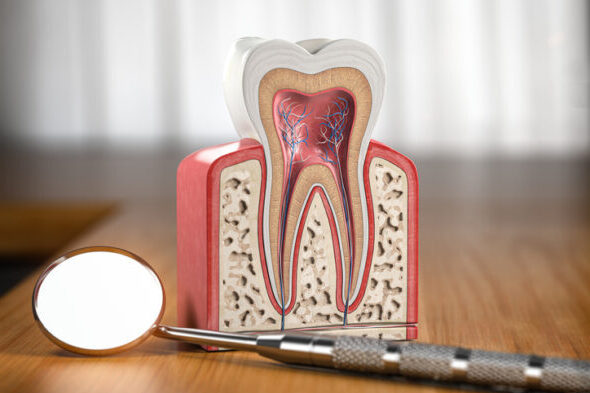DENTAL CLINIC – DENTISTRY – ODONTOLIUZZI – LOSE THE FEAR OF THE DENTIST
- About
- Treatments
- Dental Day Spa
- Porcelain Veneer
- Composite Veneer
- Dental protocol: what it is, types and their advantages
- Dental Contact Lens
- Dental Crowns
- Dental Implant
- Periodontics – gum treatment
- Endodontics: Root canal treatment
- esthetic orthodontics
- Invisible Aligner
- Wisdom Tooth Surgery
- TMD: temporomandibular disorder
- Tooth Whitening
- Dentistry: cosmetic dentistry
- Technology
- Reviews
- About
- Treatments
- Dental Day Spa
- Dental Contact Lens
- Dental Crowns
- Dentistry: cosmetic dentistry
- TMD: temporomandibular disorder
- Endodontics: Root canal treatment
- Dental Implant
- Porcelain Veneer
- Composite Veneer
- esthetic orthodontics
- Invisible Aligner
- Periodontics – gum treatment
- Wisdom Tooth Surgery
- Tooth Whitening
- Dental Protocol
- Reviews
- Doubts
- in the media
- blog
- schedule your appointment






 per
per